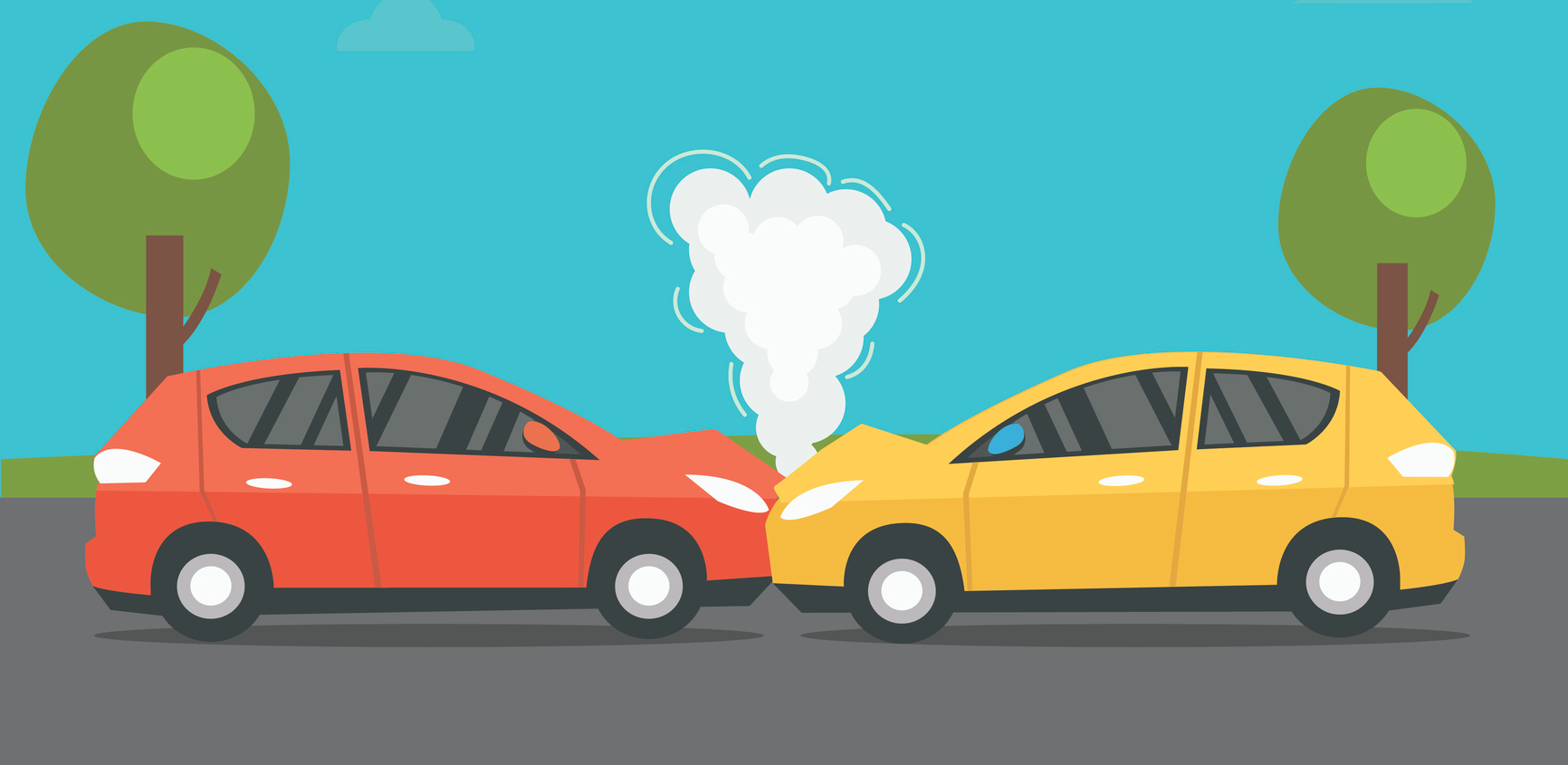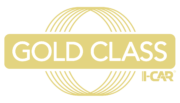Every industry has its own jargon and not everyone understands the language! It’s important for you to know what’s going on with your car, during your repairs, so we’ve put together a short list of repair shop terms you might hear.
Aftermarket Parts
Any auto part that isn’t made by the original equipment manufacturer, or the company who originally produced your car, is considered an aftermarket part. They can vary in quality and price and may or may not be the best option for your replacement part.
Appraisal
An appraisal of your car is a written valuation of the vehicle’s worth. A damage appraisal is the written estimate of the cost of the damages caused by an accident. You may have two separate appraisals, one by your body shop and one by your insurance company.
DRP (Direct Repair Program)
This agreement between an insurance company and a collision repair shop usually includes a list of specific procedures the repair shop follows in exchange for faster processing with the insurance company.
Insurance companies may try to direct you toward a select repair shop (one that participates in a DRP program), but you always have the right to choose your own repair shop.
Estimate
This is a written document that lists the damages, cost of repairs, parts, and labor that a repair shop estimates it will take to repair a vehicle post-accident. An estimate is not always 100% accurate, but disassembling the vehicle during the estimate can improve accuracy.
Exclusion
Auto insurance policies don’t always cover every part of a repair – exclusions are the repairs that aren’t covered.
LKQ (Like Kind and Quality)
Replacement parts that are salvaged from another vehicle are inspected by both the seller and the repair technician to determine whether they’re similar enough to the damaged part to be used in a repair.
R&I (Remove and Install)
When a part is removed from a damaged vehicle, set aside while repairs are done or repaired separately, and then re-installed on the vehicle, it’s called an R & I.
R&R (Remove and Replace)
Damaged parts that are removed from the vehicle and cannot be repaired or reinstalled are removed and replaced by new parts.
Repair Authorization
The repair shop must receive a repair authorization from a customer before they can begin repairs on a vehicle. Depending on the repairs and the customer’s insurance policy, the shop may also need approval from the insurance company.
Repair Order or Work Order
During the repair process, the shop tracks everything that happens on the repair order. This includes the hours of labor, repairs completed, and the materials and parts used.




